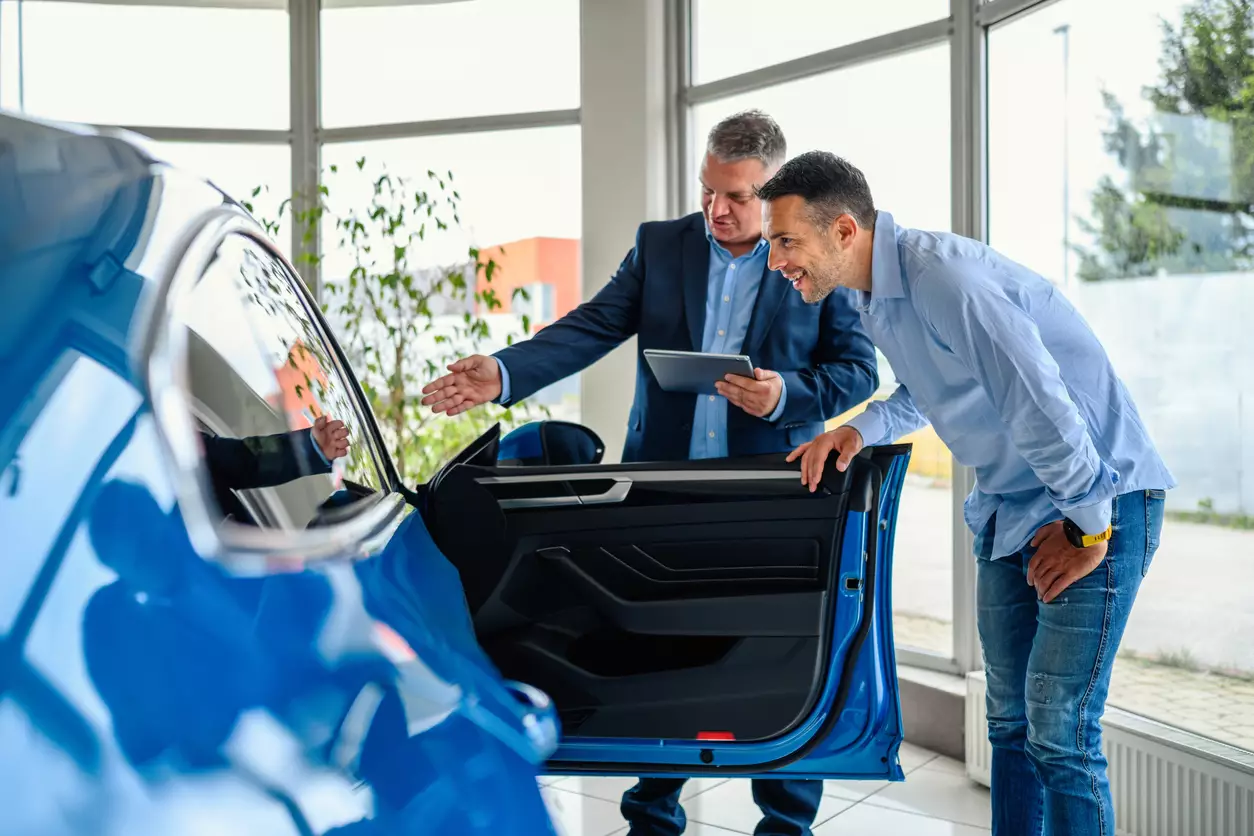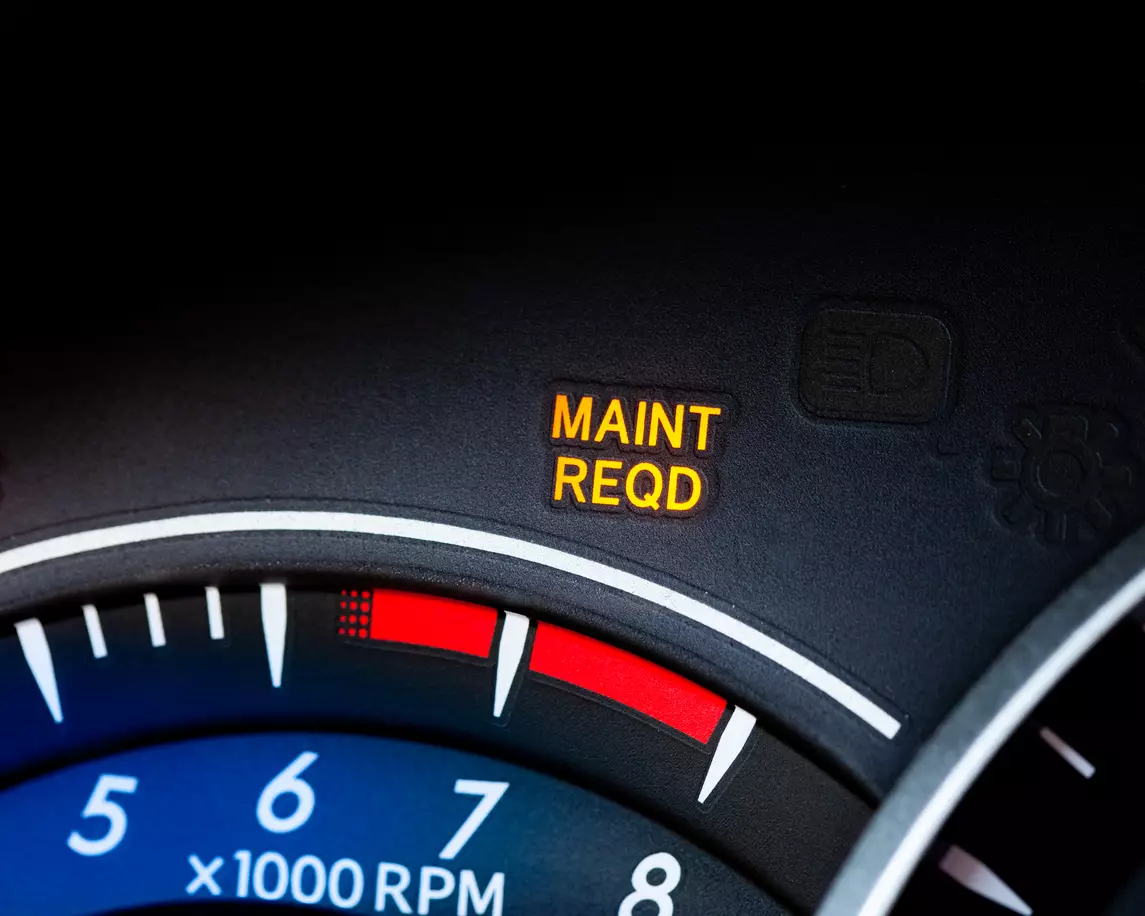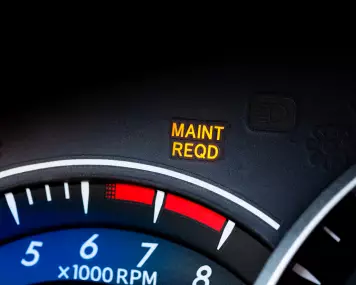The risk of default looms large for many drivers struggling with their monthly car loan payments. Defaulting on a car loan can have devastating consequences, usually resulting in the lender repossessing the vehicle. When borrowers cannot afford the car any longer, rather than face involuntary seizure or repossession, some choose the voluntary surrender of their vehicle. If you find yourself in a similar position, you may ask, "Can you return a car to the bank?” The short answer is yes.
Returning a car to the bank is known as a voluntary surrender or voluntary repossession. While it has its implications, including financial consequences, it can often be a smart move when few other options remain. However, there are some things you should consider before making a final decision.
How Does a Voluntary Repo Work?
The first thing a borrower should do after deciding that a voluntary car repossession is the right move is to contact their lender, let them know that they will be unable to make payments, and ask for instructions on voluntarily surrendering a vehicle.
Here’s a quick breakdown of the usual steps involved in the voluntary surrender of a vehicle:
- Contact the lender: Notify the lender of your decision to voluntarily surrender the vehicle and confirm the next steps.
- Agree on a drop-off location: The lender will probably ask that the car be delivered to a specific location, such as back to the dealership where it was originally purchased.
- Remove personal belongings: It is important to remove all of your personal belongings from the vehicle before you deliver it because, once the voluntary car repossession process is complete, you will no longer have access.
- Sign paperwork: The lender typically requires that the borrower sign a vehicle surrender agreement as part of the voluntary surrender of a vehicle. This document usually outlines details of the voluntary car repossession. It ultimately serves as proof that the vehicle has been returned and that all conditions of the voluntary repossession have been met.
- The lender sells the car: Once surrendered, the lender will sell the vehicle at auction or through another resale method.
- Deficiency balance calculation: After the vehicle is resold, the borrower can still be responsible for the "deficiency balance," which is the difference between the car’s sale price and the outstanding balance on the loan.
What Happens If You Do a Voluntary Repossession?

While a voluntary car repossession may save you time and trouble in the long run, it may still result in significant consequences for the borrowers, including affecting their credit and overall financial health. While the voluntary surrender of a vehicle is slightly better than having your car forcibly repossessed, it is in every borrower's best interest to avoid a voluntary car repossession when possible because there are several serious consequences associated with the voluntary repossession of a car.
Impact on Credit Score
When your car is repossessed, or even in the case of a voluntary surrender of your vehicle, there is a good chance that it will negatively affect your credit. While the result may vary based on the number of car payments you’ve missed and the credit reporting bureau, you can usually expect the following:
- A negative payment history report: Every late, short, and missed loan payment appears on the borrower's credit report for at least several years, ultimately hurting their credit scores. When a potential lender inspects your credit report in the future, they will see this negative history and may see you as a risky borrower.
- A lower credit rating: When a voluntary car repossession occurs, the associated account typically receives an R8 credit rating, signaling a default on the loan. Furthermore, the more loan payments you miss, the more penalties you incur. All of these events can result in a significant credit score drop.
Do You Still Owe Money After a Voluntary Repo?
Even after the voluntary surrender of your vehicle, you will likely remain responsible for paying off the loan balance, also known as the "deficiency balance," if the car sale doesn't cover the full amount owed. That’s because, after the voluntary repossession of a car, the lender will attempt to sell it to recoup their losses. However, if the sale price is less than the remaining loan amount, you are still obligated to pay the difference, commonly known as the deficiency balance.
Can the Lender Sue for the Remaining Balance?
In most states, the lender can pursue a deficiency judgment against the borrower to recover the deficiency balance, which is the difference between the outstanding loan amount and the proceeds from the sale of the surrendered vehicle. Even after the voluntary surrender of your vehicle, the lender can come after you for the outstanding amount.
Failure to pay the deficiency balance following the voluntary repossession of a car can result in the lender taking further action, such as selling the debt to a collection agency or filing a lawsuit. This could lead to wage garnishment or liens on your property.
Tax Consequences of Voluntary Repossession
From a tax standpoint, the voluntary surrender of a vehicle may be treated by the IRS as a sale, in which the taxpayer may realize gain or loss, the same way they may need to report a gain or loss from a sale. Unfortunately, this can result in a high tax bill.
Although certain exemptions apply, following the voluntary repossession of a car, you may receive a Form 1099-C from the lender, meaning you'll have to report the canceled debt on your tax return as taxable income.
Is Voluntary Repossession Better Than a Forced Repossession?
In most instances, voluntary repossession may be slightly better than forced repossession financially and emotionally.
Surrendering a vehicle voluntarily may reduce your overall financial burden compared to waiting for agents to repossess the vehicle on behalf of the lender. It can help you avoid the fees associated with a forced repossession, including towing and storage fees. Furthermore, as you negotiate the voluntary repossession of your vehicle, you may be able to negotiate certain fee waivers or even reduce your remaining loan balance.
When your lender forcibly repossesses your vehicle, it can cause significant embarrassment and stress, especially when it happens in front of friends, neighbors, family, or coworkers. From an emotional standpoint, a voluntary repossession gives you more control and makes the entire process seem less overwhelming.
Is Voluntary Repossession a Good Idea
Voluntary repossession should only be considered a last resort when no other options are available. While it offers advantages over a forced repossession, such as avoiding additional fees and potential stress and humiliation, it still has significant financial consequences and can negatively affect your credit.
Before you choose voluntary repossession, consider alternatives like refinancing, loan modifications, or selling the vehicle yourself. Speak to your lender or financial advisor before making the final decision to ensure you fully understand your options and their consequences so you can make the best decision moving forward.




















